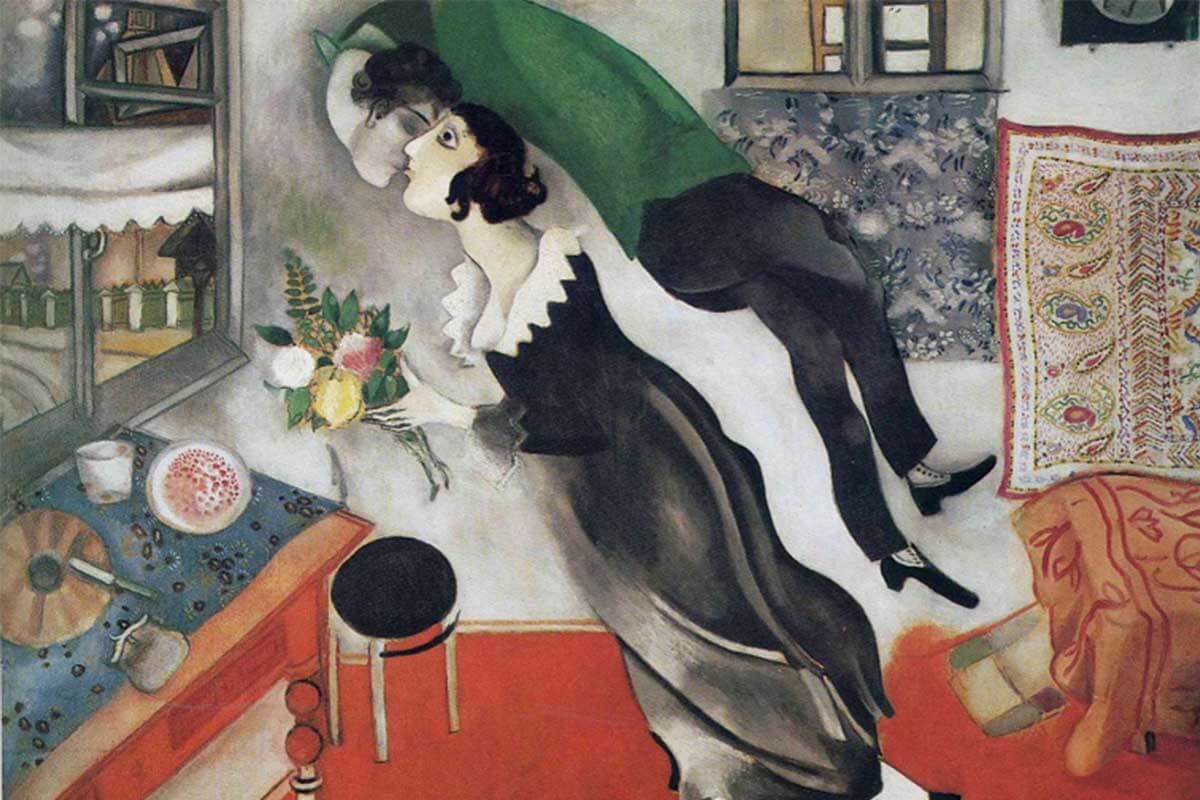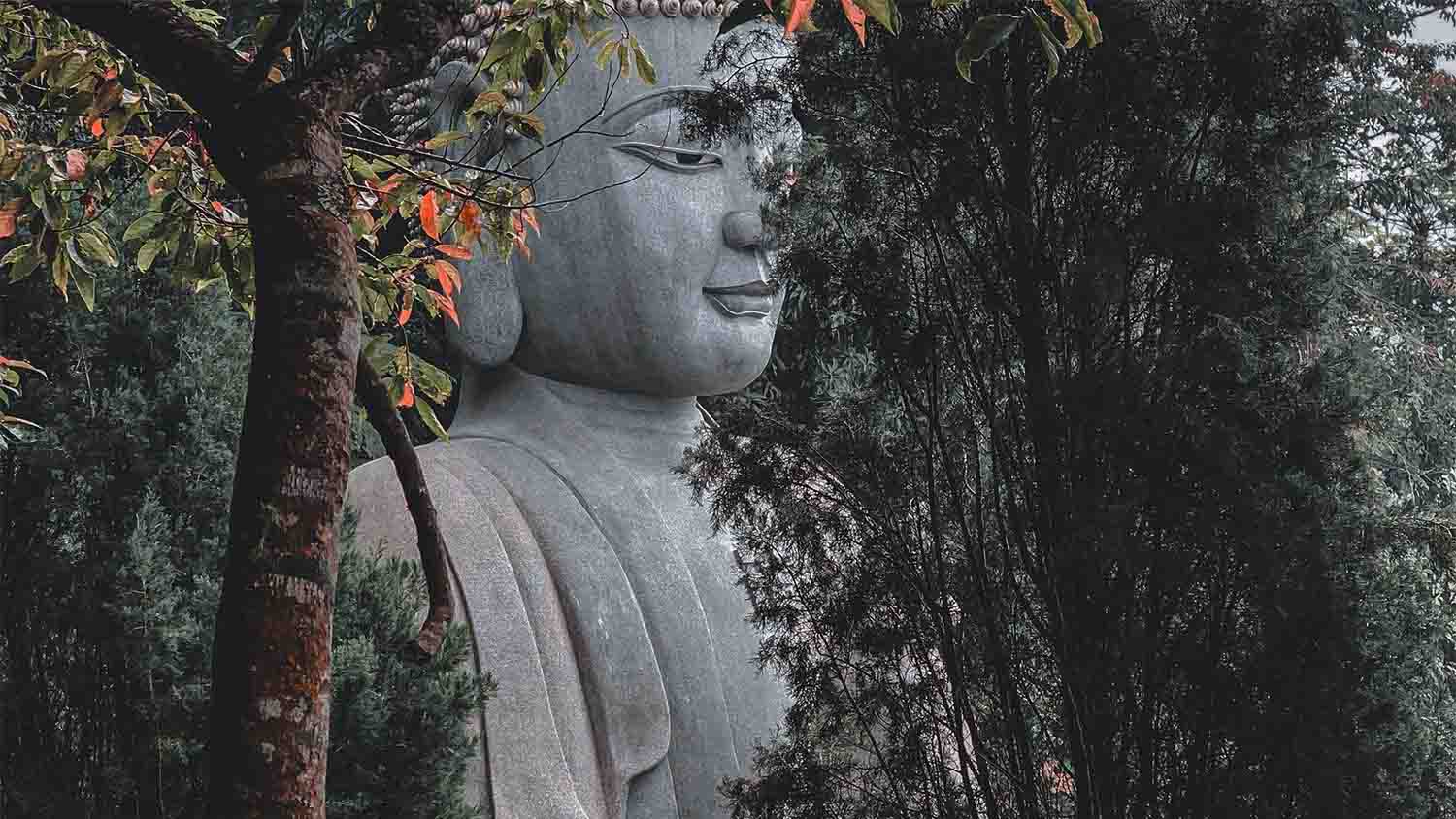A couple of years ago a family friend of mine, in his seventies, said to me, “I don’t give a sh*t about my death. I don’t care.”
We were sitting in my high-ceilinged New York apartment with spring sunlight streaming through the windows. He was healthy. And I suspect he had some savings in a 401k with a vague plan for long-term care.
It was a fair statement. And bold. After all, what can we do about death? But I suspected that his statement was probably a lie. So, to test it, I came up with the following thought experiment.
If One Does Not Care About Death Then . . .
My thought experiment goes like this: If one does not care about death, one can presumably part with anything—life, money, relationships. Therefore, one who says such a thing should be able to give me all of their money (because — shameless as it may be — I want to live!) But I’m quite sure that if I had asked this friend for all of his money, he would have chuckled and said, “no.”
A side note on money—While I’m not a greedy person, I recognize that, to live, we need food, shelter, clothing, and medicine. Even a modest temple is relatively expensive to maintain. And though we can live off the grid, on our own land, we still need money to start (to buy the land, etc.), and for time-saving conveniences like tools, and, likely, some mode of transport—a car or a horse or an ox.
So, however virtuous we imagine ourselves to be, to generate money by any means other than begging—a kind of human cooperation—is to compete with others for resources, which, unfortunately, means to fight with others for life.
Thus, to look at our economic arrangement is to see humanity in competition with itself. Indeed, if the entire human community could halt business and quarantine together, the trauma of COVID would greatly be reduced. People could recuperate mentally, financially, spiritually, and emotionally, and we would be in a better position to deal with the pandemic and get on with life. But because we cannot cooperate as a whole, economies and states must continue to work to defend themselves against their foreign enemies. And we must maintain our hectic competition as we simultaneously struggle to heal.
Even if we believe that healing, rest, and peace are good ideas, it appears that we’re incapable of putting them into practice.
Thus Nietzsche
With his atomic assault on Western civilization’s moral foundation, Nietzsche, in his polemic, On the Genealogy of Morals, analyzes what he calls “slave morality.”
According to Nietzsche, Biblical values were created by slaves who resented and sought to control their aristocratic masters. (The slaves about which Nietzsche writes are slaves who became the first priest class of a primitive, unknown religion in a legendary ancient world, not the historical slaves of America). And because these legendary slaves had less physical power than their aristocratic masters, they figured out how they, the slaves, could control their masters by making their masters feel bad about doing so. The slaves did this by instilling within their masters’ minds the moral idea of guilt — that is, the religious, “ascetic” ideal — that physical pleasure for its own sake is evil, and that it’s wrong to violate the interests and bodies of others.
According to Nietzsche, moralized guilt is the basis of the Western social order. Therefore, the extent to which we, as a people, stop feeling bad about subjecting others to our will, and the extent to which we seek pleasure for its own sake, is the extent to which our society will collapse.
I agree that it’s not good to harm people and that a soul that unbridledly pursues pleasure for pleasure’s sake is certain to degenerate. But I don’t agree with Nietzsche that moral virtue has nothing to do with beauty or spiritual truth.
Nietzsche’s is a bleak picture of moral life in which good and evil are painted as relative values determined by power. His argument, however, remains timely. For example—torn as she is between power and conscience—even now France struggles with her apology to Algeria.
Compassionate Life
In contrast, the great Buddhist teacher Dōgen Zenji writes in his essay “How to Use Our Mind in Studying the Way”:
“First: To raise Bodhi Mind
“This Bodhi Mind is the same as one mind . . . when we observe mortality, the mind to distinguish oneself from others does not rise, and the notion of name and profit does not occur.”
All beings are concerned with their death. Acknowledging this miserable fact, we can see that the deepest sorrows of our lives are fundamentally not much different than the sorrows suffered by others. And to forget our starkest vulnerability is to forget — or dis-allow—our profound connection to others. Such denial, of course, dooms us to continue our cynical, callous striving for—as Dōgen says—‘name and profit.’
Nations cannot stop their economies because they’re concerned with maintaining their culture and civilization. And, if we’re honest, as individuals, we’re not much better than nations, because who among us can live without name and profit? Only the sage, or the monk who has left their nation and family for Dharma.
I’m not suggesting that we give up the obligations we have to our partners, children, and friends. Rather, I wonder what it would be like to have a world culture that recognized the frailty of life to such an extent that society’s chief concern was not ‘name and profit,’ but compassionate, sensitive recognition of the fact that everything we see around us must die. How might we conduct our affairs, economies, and relations with each other differently if we lived without habitually forgetting the basic fact of impermanence?
Busy-ness is a great distraction from death. Even busy-ness for justice. And the drive for ‘name and profit,’ however humble, according to Dōgen, is evidence that we have lost sight of our connection to death, which means, of course, that we’ve lost our connection to life.
We’ve Grown Estranged
Interestingly, a fascinating book—The Seven Basic Plots by Christopher Booker — shows that shortly after the French Revolution, with the birth of Romanticism, as the individual rationalist ego began to take center stage as the subject of art (as in Goethe’s short novel The Sorrows of Young Werther, for example—a story about a young man who kills himself because of his unrequited love [I recommend the Auden translation]), we began to lose our connection to nature—we lose our connection to, “the archetypal Self,” as Booker puts it because he is looking at the phenomenon of stories through a Jungian lens.
As the Industrial Revolution progressed, especially in the period about which the notable historian E. J. Hobsbawm has written so well in The Age of Revolution 1789-1848, in a period that generated more wealth than any other in human history, we humans grew ever more estranged from our true nature until we lost touch with the deep universal Self that gives meaning to and allows us to complete our lives with a sense of wholeness and universal integration.
The disconnect between the natural Self and the ego then continued its trajectory well into the modern age where it became increasingly alienated, giving us icy dramas like Beckett’s Waiting for Godot. And after that, to fill the void—through various forms of sentimentalism and sensationalism (especially sex and violence)—we completely went off the rails to lose ourselves in utter fantasy and horror (like Psycho, A Clockwork Orange or Raiders of the Lost Ark) where pure sensationalism transplanted meaningful character development and stories of human transformation.
In Order to Live — We Must Learn to See Death
Perhaps this explains the frightening rise in the power and presence of cults. With no connection to facts—and especially estranged (read Camus’s L’Étranger) —as we flee from the natural fact of death into our ideas about death in a pseudo-stoic manner, we’re losing our connection to life, and with that loss, our ego has nowhere to go other than seductively compelling fantasy worlds spun out of un-checked, mercenary, unsatisfying, saccharine, power-seeking, anxious, thin, and culturally impoverished imaginations. Empowered by social media technology, fantasies overtake our bodies and our minds and we act irrationally to serve them.
Like children, we crave limits and reality, but we’ve lost the adults in the room and there’s no Godot—no one to guide us back to ourselves. I hope for my friend that he does come to care about his death. Perhaps it’s our task now to reflect on the fragile nature of our goodness, to the modesty, humility and compassion with which — in order to live — we must learn to see death.






